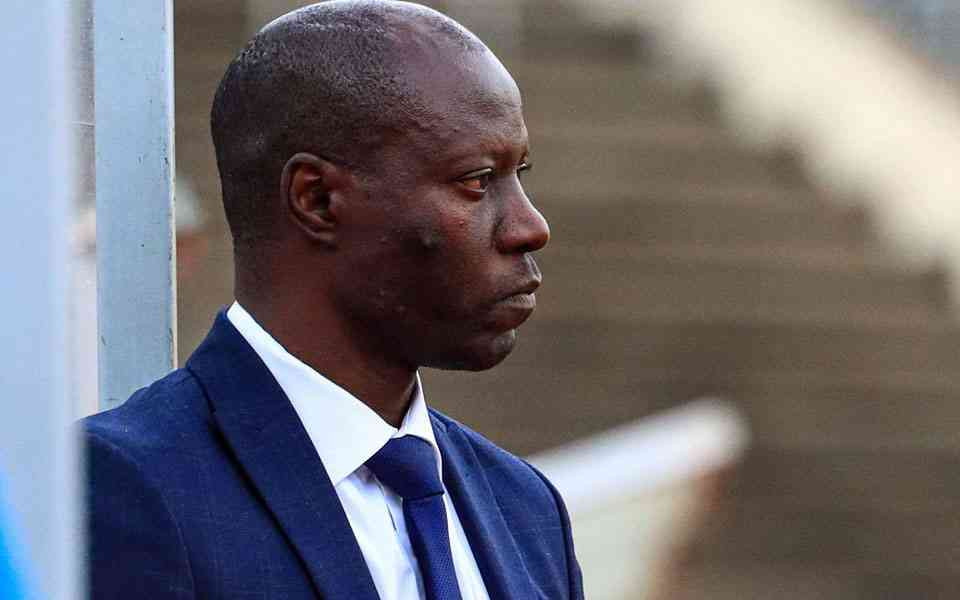
THE Mthwakazi Republic Party (MRP) has written to the United Nations objecting a bid by Zimbabwe for a non-permanent seat on the United Nations Security Council (UNSC) for the 2027 to 2028 term.
President Emmerson Mnangagwa launched the country's bid in Harare recently, pledging to advance global peace, counter-terrorism efforts and the interests of the African continent.
Mnangagwa said the country’s campaign, themed “Advancing 21st Century Solutions for Global Peace and Security through Multilateralism,” has already received endorsements from the Southern African Development Community and the African Union.
In a letter addressed to UN secretary general, Anténio Guterres, the MRP said it was vehemently opposed to the country’s bid for a UNSSC council seat citing the country’s unresolved dark human rights past.
“We urge the international community to critically evaluate Zimbabwe's suitability for such a role in light of its profound credibility deficit, historical human rights abuses, and systemic governance failures,” MRP leader Mqondisi Moyo wrote in the letter dated September 18.
It was copied to the Office of the High Commissioner for Human Rights, United Nations Development Programme (UNDP), United Nations Human Rights Council (UNHRC), International Federation for Human Rights (FIDH), Amnesty International and Human Rights Watch.
Moyo said of particular note was the unresolved Matabeleland massacres in the 1980s.
An estimated 20 000 civilians were left dead when Zimbabwe deployed the North Korean-trained Fifth Brigade in Matabeleland North, Matabeleland South, and parts of Midlands provinces.
- NoViolet Bulawayo’s new novel is an instant Zimbabwean classic
- Jah Prayzah, Zanu PF rekindles ‘lost love’
- Bank workers appeal to Ncube for tax relief
- Indosakusa marks 21-year anniversary milestone
Keep Reading
The operation, widely documented as Gukurahundi, targeted primarily Ndebele and Kalanga communities associated with opposition movements particularly Zapu.
Researchers have categorised Gukurahundi as a crime against humanity, and in some frameworks, genocide.
“Zimbabwe's historical record exposes the UN to moral and procedural criticism,” Moyo wrote.
“The Security Council, entrusted with maintaining international peace and security, cannot justifiably include a government credibly accused of perpetrating mass atrocities against its own citizens. “
Zimbabwe previously held a non-permanent seat on the UNSC during the 1983 to 1984 and 1991 to 1992 terms.
“MRP asserts that Zimbabwe’s presence on the UNSC during Gukurahundi was an insult to victims and survivors.
“Seating Zimbabwe now without accountability for past crimes would perpetuate injustice and erode the Council's legitimacy,” Moyo said.
“We unequivocally object to granting Zimbabwe the prestige of a UNSC seat while its government continues to deny justice and recognition to its citizens.”
Moyo called for UN support for an independent truth and accountability mechanism for the mass killings, anchored in survivor testimony and forensic evidence.
“Condition any future UNSC candidacy on demonstrable progress toward justice, truth-telling, and reparations,” he said.
“Recognize MRP's protest and include victims’ and survivors’ voices as legitimate stakeholders in deliberations concerning Zimbabwe.”
If elected, Zimbabwe would join the UNSC’s 10 rotating non-permanent members, who serve two-year terms alongside five permanent members – China, France, Russia, the United Kingdom and the United States.
Non-permanent members are elected by the UN General Assembly and require a two-thirds majority vote.
The next round of elections is scheduled for June 2026.










